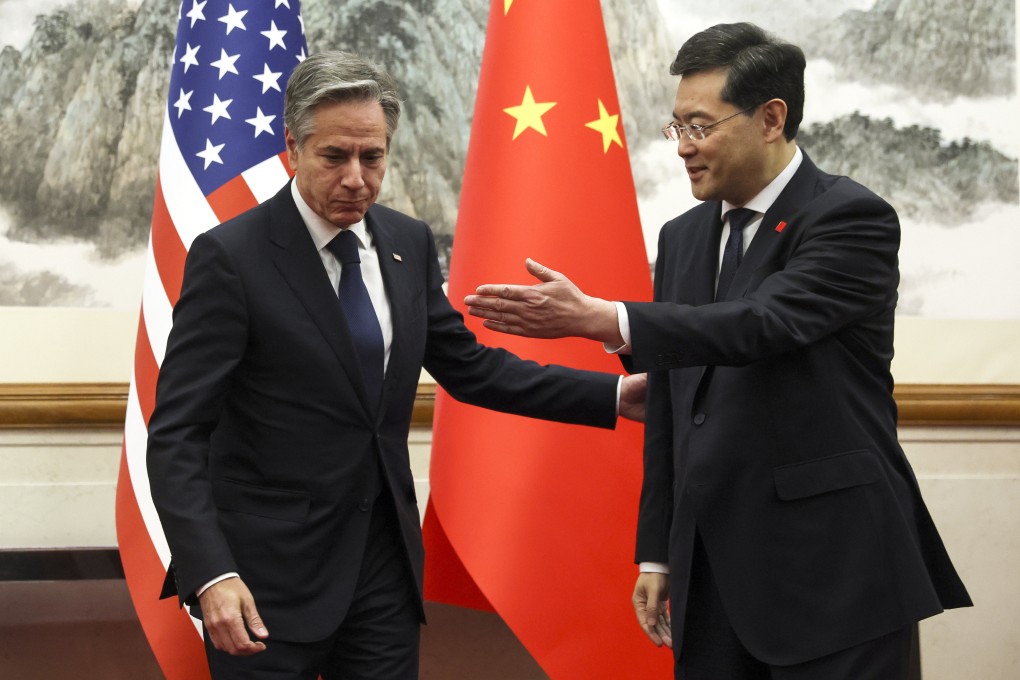Opinion | The US, EU and China need each other, regardless of the heated rhetoric
- There are clear limitations to how far decoupling can go, given China’s dominance of large parts of global supply chains as well as capital market interdependence
- Hong Kong’s special status could be crucial to facilitating cooperation and ensuring the global economy continues to thrive

However, while hostile rhetoric from officials in China and the West raises tensions, US-China economic cooperation continues to grow, as well as that between both countries and the European Union. Last year, bilateral trade between the United States and China reached a record US$690.6 billion. Meanwhile, the total trade volume between the EU and China last year grew about 23 per cent from 2021, reaching US$910 billion.
What could explain the split between public rhetoric and business on the ground? It’s simple: the three economies are highly interdependent.
China has a large number of disputes with the US and the EU: Taiwan, unfair competition laws, positions on the Ukraine conflict, limitations on foreign capital and more. Political rhetoric is more than just words in this context – it reflects tensions related to their interests despite their economic interdependence.
